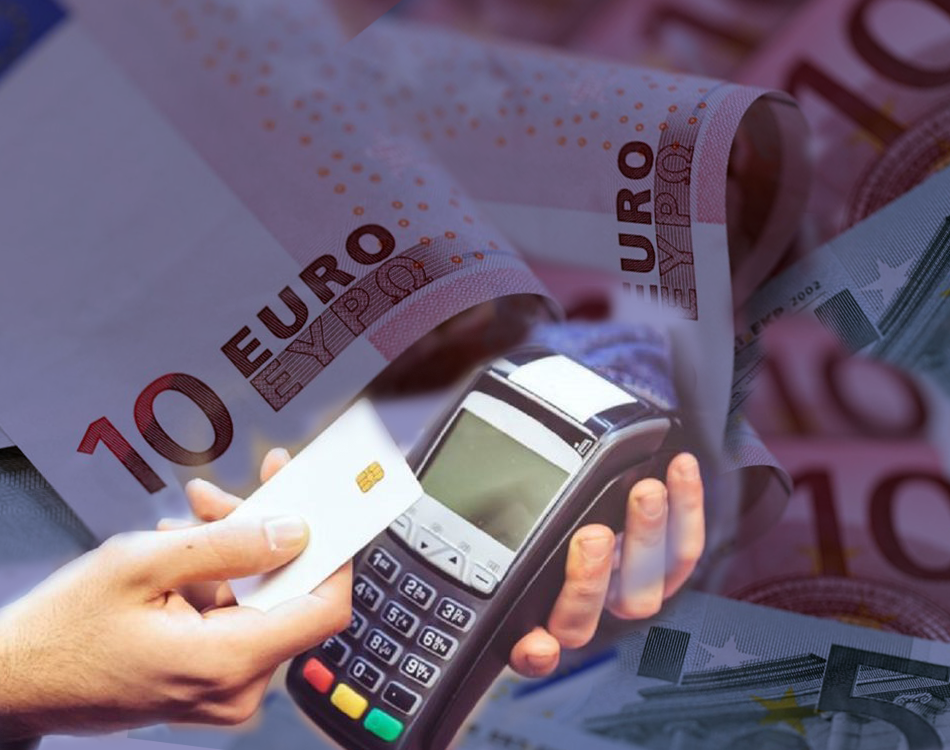
A new landscape for electronic receipts, which should be collected by taxpayers, is being shaped, this year, as some new changes and regulations take effect from January 1st.
Taxpayers will have to cover 30% of their income with expenses incurred by electronic means to avoid the 22% tax penalty, to request and receive e-receipts from certain professions that are high on the tax evasion list in order to earn an extra tax deduction of up to 2,200 euros while receipts from doctors will count double for the 30% limit.
The list of professions that will give tax bonuses to taxpayers who will make electronic payments are expected to be revealed in the coming days. The ministerial decision which will specify the changes in the electronic receipts regime is almost ready and the time for its issuance is counting down, while, at the same time, the decision with the changes in the tax-lottery is being prepared.
All the details
The new regulations shape the following landscape:
1. e-receipts equal to 30% of income
Of utmost importance are the expenses made with electronic payments (card, e-banking, etc.) that should cover 30% of the taxpayer’s income with a maximum amount of 20,000 euros. Taxpayers, who do not reach the target, are threatened with an extra tax equal to 22% of the missing receipts. For example, if a taxpayer with an annual income of 20,000 euros makes electronic payments of expenses totaling 5,000 euros this year, which correspond to 25% of their annual income, they will be asked to pay an additional tax of 22% on the unpaid 5% of their annual income, i.e. 220 euros (22% x 5% x 20,000 euros). Receipts that cover 30% of income include most household expenses such as food, beverages, tobacco, clothes, shoes, electrical and electronic appliances, furniture, home appliances, gasoline, heating oil, mobile and fixed bills, electricity bills, water supply and flat maintenance bills, hotels, cafés, restaurants, canteens, barbershops, hair salons, jewelry etc.
2. e-receipts that give extra tax deduction
The regulation applies for the tax years 2022 to 2025 and provides that from the taxable income of the natural person from employment and pensions, business activity and real estate, exclusively for the calculation of income tax, a proportional amount equal to 30% is deducted of service costs, for certain costs relating to housing, services, transport, education, leisure, cultural activities. The amount of income deducted does not exceed the amount of 5,000 euros per year nor the actual income from paid work and pensions, business activity and real estate.
The list of professions
According to information, the list of professions that electronic receipts will give extra tax deduction to taxpayers will include: lawyers, architects, steamfitters, funeral homes, personal care and nursing services, cleaning and maintenance services, child care services, limousines and taxis, laundries, yacht rental services, consulting services, photographers, construction work as well as gyms and dance schools. With the activation of the measure, the taxpayers who will ask for and receive receipts from the specific professionals will be able to avoid tax up to 450 euros if they have an annual income of up to 10,000 euros, up to 1,100 euros if they have an annual income of 10,000 to 20,000 euros, up to 1,400 euros for income from 20,000 to 30,000 euros, up to 1,800 euros for income from 30,000 to 40,000 euros and up to 2,200 euros if their annual income exceeds 40,000 euros.
3. e-receipts that double count
Expenses for visits to doctors, dentists, orthodontists and veterinarians as well as for examinations in private diagnostic centers and for other medical services, except the purchase of medicines and hospitalization, will double count to cover 30% of the annual real income with electronic costs. For example, a fee of 100 euros for a medical examination, if paid through a credit or debit card, will count as an expense of 200 euros to cover 30% of income. This measure makes it easier for taxpayers to cover 30% of their income with expenses made with electronic money and will be able to avoid the 22% tax penalty, in case they are not able to collect the required amount of electronic receipts.
Latest News

New Exposé by Domumento Reveals Nefarious Triangular Link of ‘Black Money’ with New Democracy, Blue Skies, & Truth Team
The latest exposé by the Documentonews.gr news site lays bare what appears to be a surreptitious path of indirect financing of ND through the business sector—transactions that, as widely understood, rarely occur without expectations of reciprocal benefit

PM Meloni Meets Vice President Vance in Rome Signalling Optimism on Ukraine Talks
Meloni emphasized the strength and strategic value of the Italy-U.S. partnership.

Airbnb: Greece’s Short-Term Rentals Dip in March Amid Easter Shift
Data from analytics firm AirDNA shows that average occupancy for short-term rentals dropped to 45% in March, down from 49% the same month last year.

Easter Week in Greece: Holy Friday in Orthodoxy Today
At the Vespers service on Friday evening the image of Christ is removed from the Cross and wrapped in a white cloth

Meloni and Trump Meet in Washington, Vow to Strengthen Western Ties
“I am 100% sure there will be no problems reaching a deal on tariffs with the EU—none whatsoever,” Trump stressed.

ECB Cuts Interest Rates by 25 Basis Points in Expected Move
The ECB’s Governing Council opted to lower the deposit facility rate—the benchmark for signaling monetary policy direction—citing an updated assessment of inflation prospects, the dynamics of underlying inflation, and the strength of monetary policy transmission.

Current Account Deficit Fell by €573.2ml Feb. 2025: BoG
The improvement of Greece’s current account was mainly attributed to a more robust balance of goods and, to a lesser extent, an improved primary income account

Hellenic Food Authority Issues Food Safety Tips for Easter
Food safety tips on how to make sure your lamb has been properly inspected and your eggs stay fresh.

Greek Kiwifruit Exports Smash 200,000-Ton Mark, Setting New Record
According to data by the Association of Greek Fruit, Vegetable and Juice Exporters, Incofruit Hellas, between September 1, 2024, and April 17, 2025, kiwifruit exports increased by 14.2%.

Easter Tourism Boom: Greece Sees 18.3% Surge in Hotel Bookings
Among foreign markets, Israel has emerged as the biggest growth driver, with hotel bookings more than doubling—up 178.5% year-on-year.







![Πλημμύρες: Σημειώθηκαν σε επίπεδα ρεκόρ στην Ευρώπη το 2024 [γράφημα]](https://www.ot.gr/wp-content/uploads/2025/04/FLOOD_HUNGRY-90x90.jpg)





![Airbnb: Πτωτικά κινήθηκε η ζήτηση τον Μάρτιο – Τι δείχνουν τα στοιχεία [γράφημα]](https://www.ot.gr/wp-content/uploads/2024/07/airbnb-gba8e58468_1280-1-90x90.jpg)











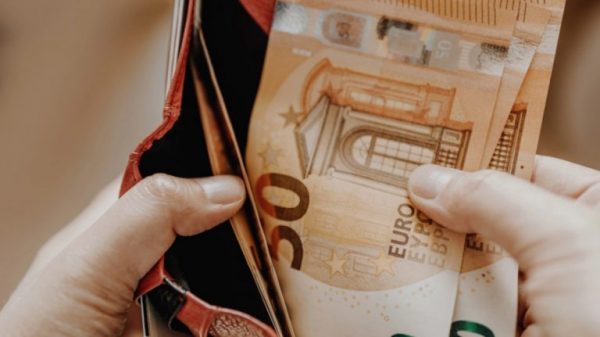
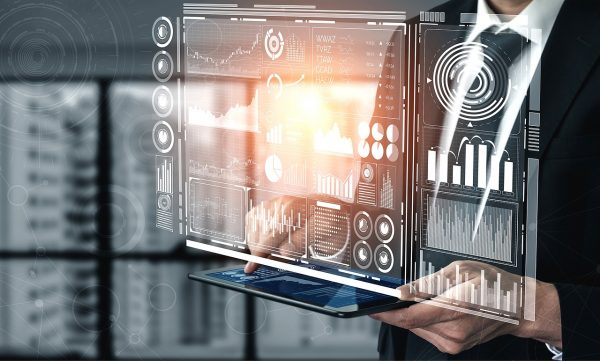
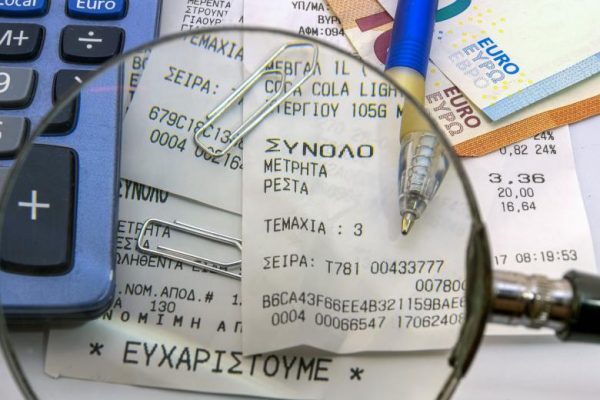


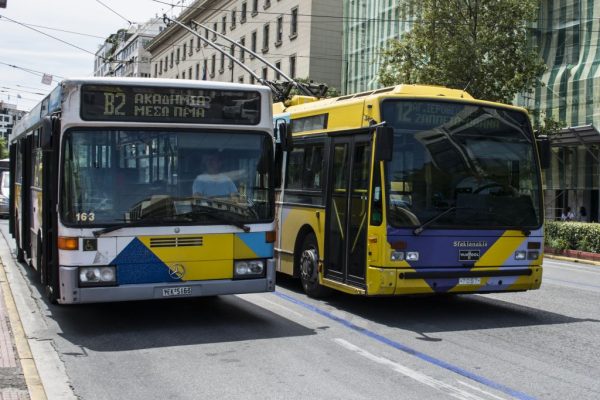



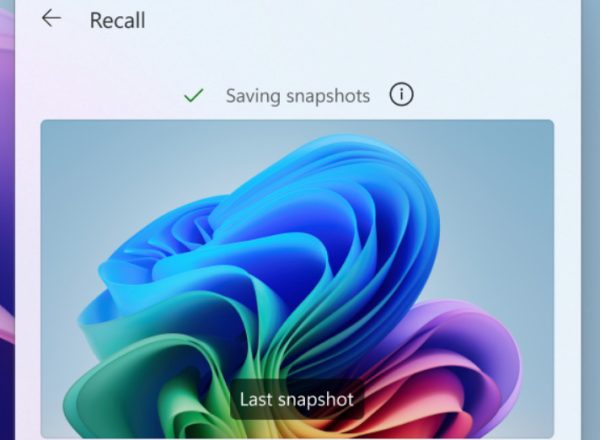





 Αριθμός Πιστοποίησης
Αριθμός Πιστοποίησης